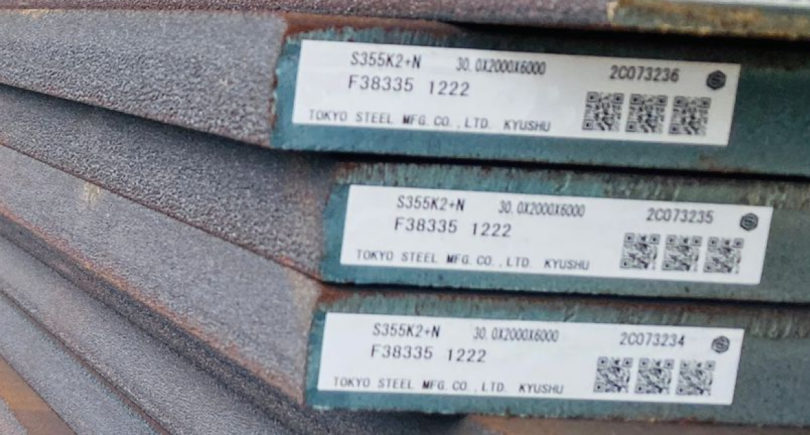
News Companies Thyssenkrupp 2863 24 May 2024
Union leaders voted against the deal
German industrial conglomerate Thyssenkrupp has announced that its supervisory board has approved the planned sale of 20% of its steel division to Czech billionaire Daniel Kretinsky despite opposition from trade union representatives. This was reported by Reuters.
The group noted that trade union leaders, who hold half of the seats on the non-executive board, voted against the deal. The vote of the Chairman of the Board Siegfried Russwurm was counted twice, which is allowed by German corporate governance law to break the deadlock.
Last week, labor union committees warned that they may oppose the deal if they do not receive written assurances regarding jobs and production sites.
Approval of the partial sale was a key step on Thyssenkrupp’s path to a 50/50 joint venture with energy holding EPCG, controlled by a Czech billionaire. EPCG is expected to help reduce energy costs, which is a key factor in steel production.
«The strategic partnership with EPCG is a major step that contributes to a resilient, cost-efficient, and climate-friendly steel production at thyssenkrupp Steel Europe – and thus also a significant contribution to safeguarding the future of the steel industry in Germany.,» the company said in a statement.
Jürgen Kerner, who represents the IG Metall trade union and is deputy chairman of the supervisory board, said that union leaders welcome Kretinsky’s willingness to invest in the business in principle, but the sale of the stake means a hasty separation of the steel division from the parent company.
In April 2024, Thyssenkrupp announced that it had reached an agreement to sell a 20% stake in the steel division of EPCG. The parties are negotiating the acquisition of another 30% stake in Thyssenkrupp Steel by EPCG.
As GMK Center reported earlier, in May, Thyssenkrupp lowered its forecast for the 2023/2024 financial year for the second time in three months, emphasizing the problems in the steel business, which suffered from lower demand and prices.




